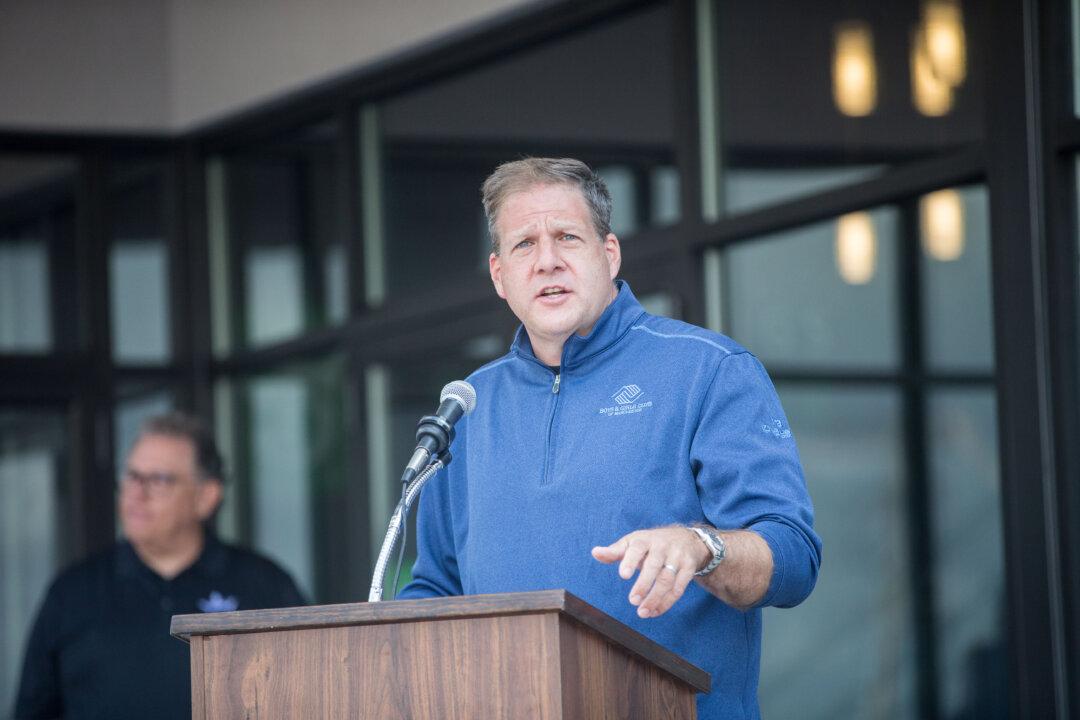New Hampshire’s Republican Gov. Chris Sununu said May 18 that his state will soon be ending the $300 weekly federal jobless supplement that business groups and others have blamed for discouraging people from taking jobs and fueling a hiring crunch.
Sununu said that New Hampshire would be ending the federal $300 unemployment boost, along with other federal jobless programs, while rolling out an incentives program to help struggling businesses find workers.





